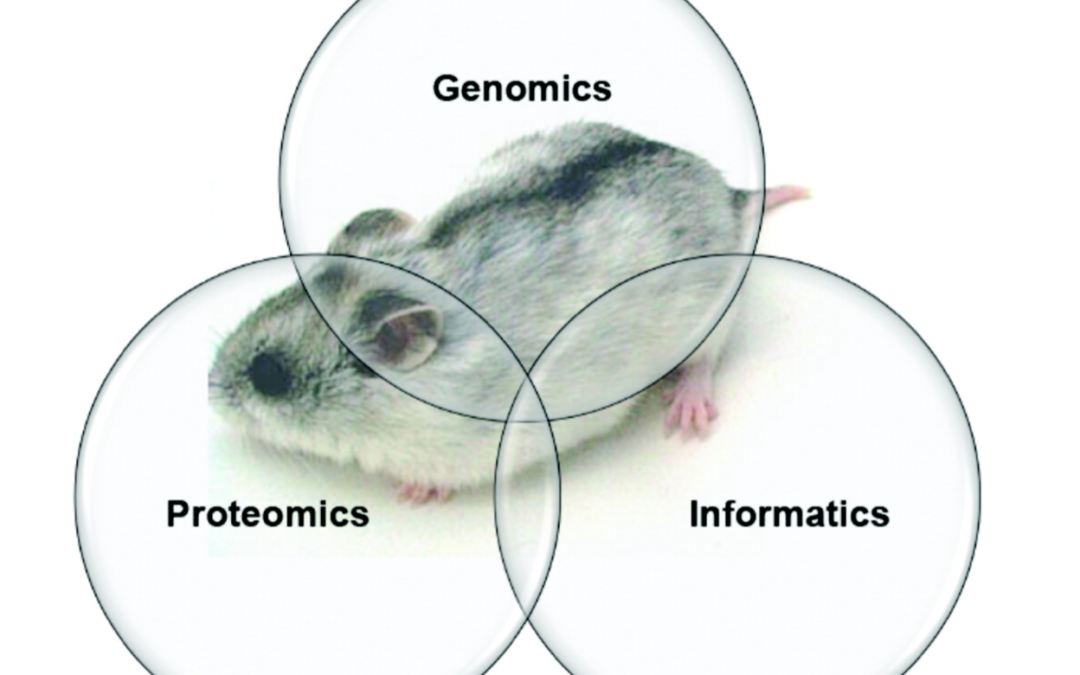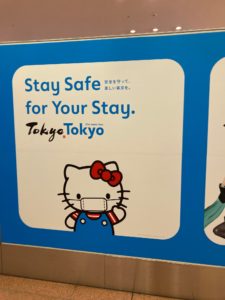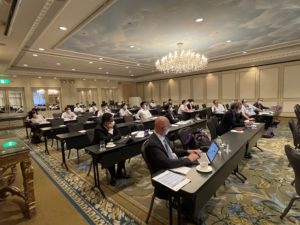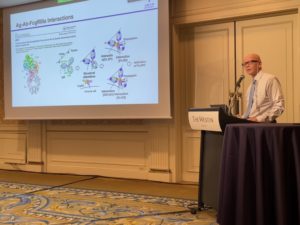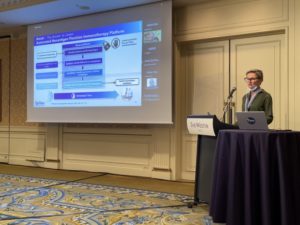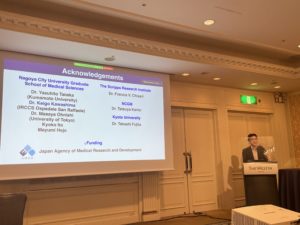FDA Awards $2M in Funding to EpiVax Host Cell Protein Study
Remember when the CHO genome sequence came out? Ok, so you don’t, but we do! We built an app for that (see our paper entitled “Of [Hamsters] and Men”) and so, we will now perform validating in vitro studies of host cell proteins (HCP) that may be found in Biosimilars in a two-year, $2M U01 research project funded by the Center for Drug Evaluation & Research (CDER).
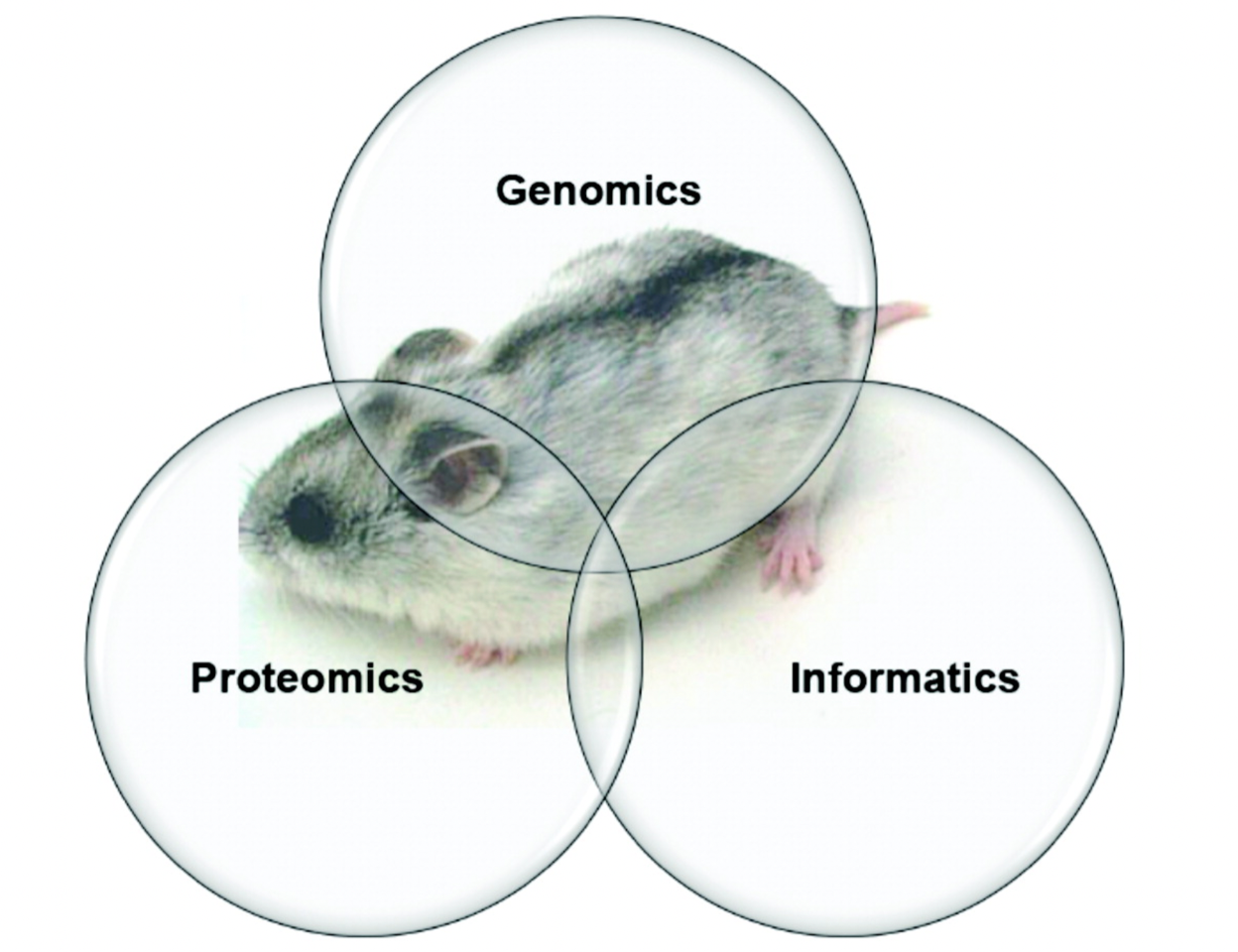
Improvements to the ISPRI-HCP tool and new data on the immunogenicity of CHO HCPs is expected to improve biosimilar product inter-changeability and safety. We are grateful to the FDA for the opportunity.
Tokyo Giants! (at Bat / in Science)
After a multi-year hiatus, Katie and I were delighted to reconnect with our Japanese colleagues in Tokyo for the Westin Immunogenicity Seminar! it was so nice to see everyone! Bonus, we were able to catch a #TokyoGiants game …Check out our photos here!
Speaking of Tokyo Giants, we heard from experts Masanori Isogawa (National Institute of Infectious Diseases) and Susumu Uchiyama (Osaka University), as well as from the famous Hiro Suga (University of Tokyo / MiraBiologics) at the Westin. Hiro talked about his cool approach to developing fully biologic products attached to rigid macrocyclic targeting peptides. Wow. Their talks may be available by reaching Riley here! Next time we’ll schedule a trip to see the Hanshin Tigers and a certain famous Treg giant if he’ll see us. OK Katie, next up, Amsterdam or Barcelona? Epi-Trips for 2022/23 are linked here.
And then … from Tokyo to Québec City! The Epi-Team (see photo) attended the ISV Congress. We were grateful for the opportunity to share our work on a T cell-epitope-driven #Monkeypox vaccine and give updates on the iVAX Toolkit at the Computational Vaccinology workshop. Pictures are found here. Thank you’s go to Eva Strauch of UGA for her presentation in the workshop, and to Shan Lu for his support! Participants, if you are interested in reviewing one of the talks, request a recording here!
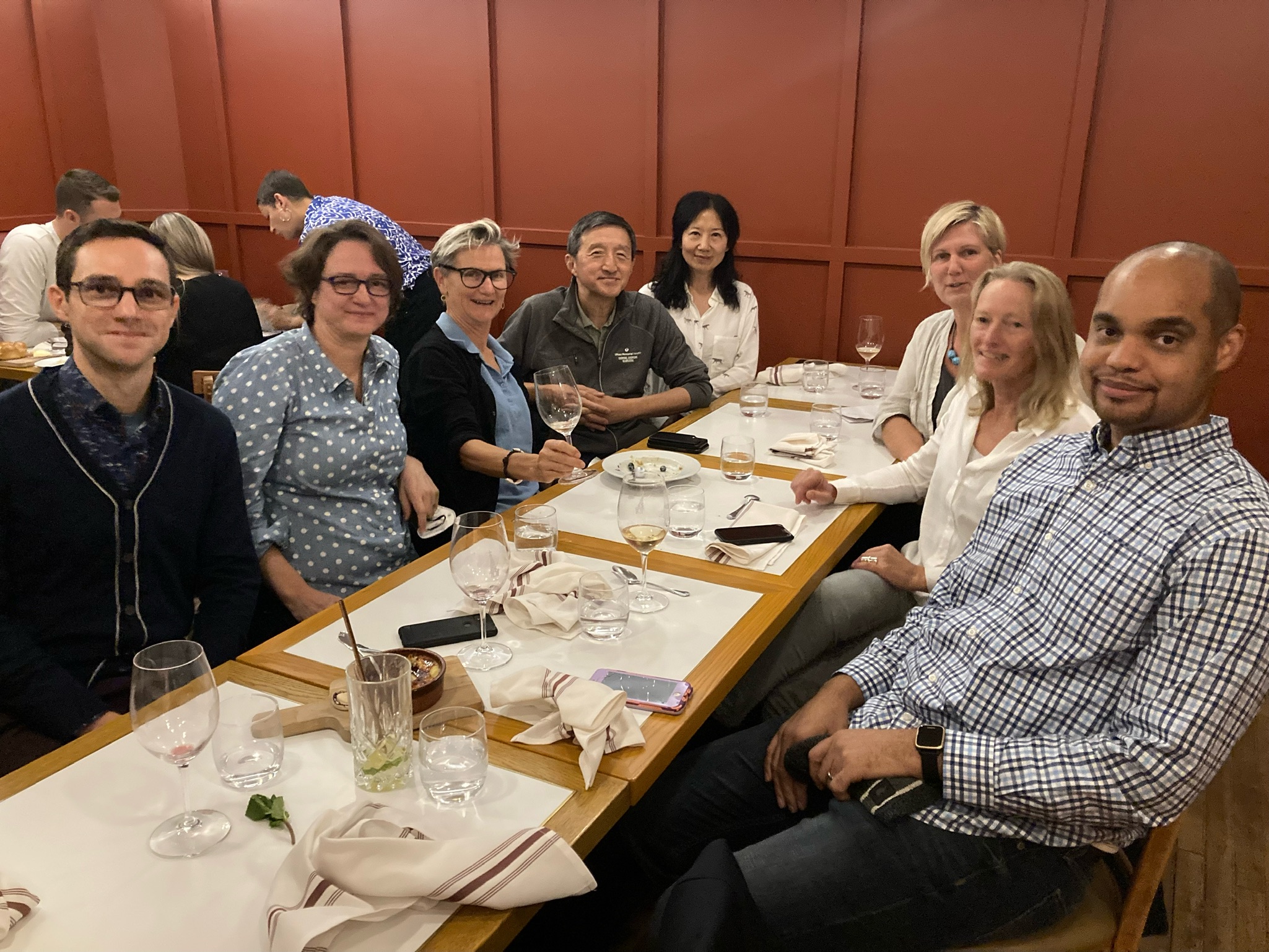
BioPharmGuy Sez!
Speaking of parties, we got a rave review for our Bio Cocktail Party from the BioPharmGuy!
“Aside from throwing the best BIO reception BioPharmGuy attended, EpiVax has been doing some fundraising – FDA just awarded them a $2M grant (…) Hmm. That doesn’t sound as interesting as margaritas and nopales taco, but if it means next year’s party will be even better, we are all for it.” – BioPharmGuy
Yes, we love parties! and you don’t have to wait until BIO… Going to PharmSci 360? We are co-hosting a reception with Boston Analytical on Monday, October 17th on our favorite roof deck in Boston! Register here.
Time for T E A ! (Trusted, Expert Advice)
EpiVax has regulatory expertise that is available to you! We are in the 25th year of providing immunogenicity risk assessment advice to the world. You trust us with your sequences, and we deliver our insights and expertise. Now, we have a new TEA consulting service!
This new service features one-on-one consulting with former FDA Immunogenicity expert Amy Rosenberg, MD. Amy Rosenberg has 30 years of experience in the immunogenicity field and a broad view on all aspects of the FDA regulatory process. Please book time with Amy who can provide you with consulting support for regulatory filings related to the FDA’s immunogenicity guidance. Time for TEA!
For Gene Therapy, The Medium is the Message
Whoa, gene therapy cowboys! I’ve been to a few meetings with you guys recently, and it seems as if anything and everything goes! For example, as if CAR-Ts aren’t complicated enough, now we’re engineering T cells to deliver BITES, oh my! But before you jump on the Gene Therapy, Bispecific, Trispecific, T-cell Engagers, Fusion protein, CAR-T, CRISPR bus, let’s consider the potential for immunogenicity (link to explainer). The risk differs based on how (the medium) you deliver these new therapies (the message). Will a gene delivered to a cell drive a T helper or Cytotoxic T cell response?
For classic monoclonal antibodies, anti-drug antibodies (ADA) are the barrier to successful therapy. Gene and Cell therapies have an additional risk to consider. AAV, CRISPR, and similar modalities are designed specifically to enter into target cells, therefore they will be processed intracellularly, and their epitopes are likely to be presented on MHC Class I to CD8 T cells.
Our advice? Therapeutics that express inside cells should be evaluated for Class I (CTL) and Class II (T helper) epitopes, and cross-checked for tolerizing epitopes. We’ve been working on immunogenicity risk assessment for CAR-T, Gene Therapy, and monster molecules for a while now. For more information please reach out, and/or the FDA has a Guidance for Industry on pre-clinical assessment of Gene and Cell Therapies. Take a look!
Did you miss this month’s newsletter? Sign-up here

